

Motivation is at the core of everything human related. It’s the reason for the common axiom in law enforcement: Before you look at outlaws, look at in-laws. We humans LIKE to believe we are super complicated when, by and large, we are anything but.
Articulating character motivation can help us when it comes to better storytelling. The best stories are, at their heart, SIMPLE. Notice I said, at their heart. Storytelling might be simple, but so is a top-notch soufflé. In fact, soufflés are an art form all to themselves.
Simple? Yes. Easy? By no means.
Yet, regardless of the time period, humans don’t change all that much. At least their core motivations.
For instance, the picture above. I spent years in ballet which I can attest is VERY hard on the body. My feet are now paying a heavy price. Though I loved it, I am not interesting enough to make a good ballet story.
But what about Nina in Black Swan? The motivations that drive her passion for ballet border then tip over into madness. She has always been her mother’s puppet. Her mom had to retire as prima ballerina because she ended up pregnant. So clearly it’s Nina’s fault Mom failed to live out her dreams.


Thus, Mom lives vicariously through her daughter. She controls and infantilizes her. Nina only has an illusion of agency. Nina punishes herself to perfection to meet a standard one would have to be mad to attain.
Nina loves ballet is vastly different from Nina is an unwitting puppet struggling to break free from a tyrannical mother and establish self-sovereignty.
She believes her motivation is one thing when it is very, very different.
Motivation and Fiction
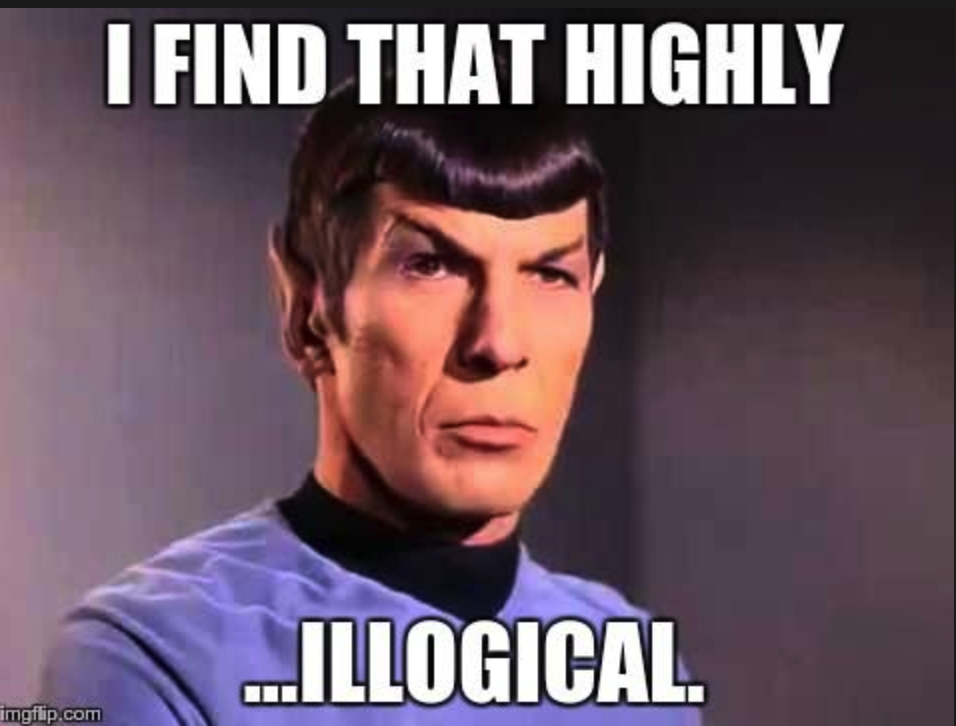

WHY does a character WANT or NOT WANT a certain thing? Conversely why are they motivated to AVOID one thing or another?
Motivation is the center of the spiderweb that shoots out spokes into everything else.
Tug on one part of the web and the spider scrambles to hide, hunt or attack. Tear one part of the web down and what is first of that spider’s Things To Do List? Rebuild that part of the web exactly the same as it was. Or, if that is impossible, spin a new web that is as close to the old one as possible. A pattern ingrained into that spider.
We are not so different, or much smarter in ways.
Until you make the unconscious conscious, it will direct your life and you will call it fate.
C.G. Jung
If we do not take some time to get to know our characters, it will be painfully obvious on the page. They lack form, dimension, and come across as paper-doll- caricatures that are all so eerily alike that, without dialogue tags, we’d be unable to discern one character from another. Also, we risk them being dull, predictable and, did I mention dull?
In a book market with millions of competitors if there is one thing we cannot afford, it is to be dull.
The WHY Makes the WHO
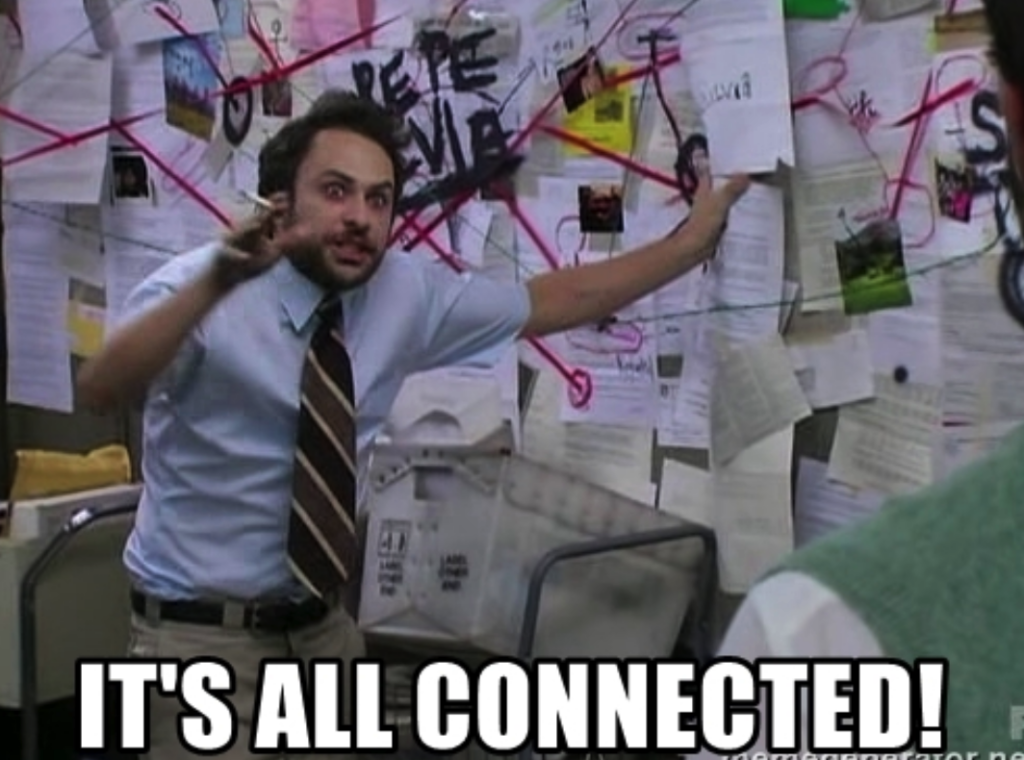

Motivation defines the (hu)man. This will play out on two levels. What is it the character consciously believes he wants versus what does he truly want but is too terrified/damaged/proud/ignorant to recognize?
The recent Netflix series Dahmer is a sobering example. I’m a true crime junkie and Dahmer’s case, to me, was always very tragic from every angle. Parcast’s Serial Killers does an exhaustive study that would be far more comprehensive than any mini-series.
I won’t get into the gore because that is ancillary to the point. The pointis Dahmer’s motivation. Dahmer was terrified of being abandoned. Because his abandonment issues (among other things) were never addressed early they metastasized into the makings of a monster and innocent people paid a terrible price.
I also believe part of what “made” Dahmer was he suffered from a life-threatening double hernia as a very young child and that is a MAJORLY complicated surgery even in 2022. Back then, the only anesthesia was ether. It wouldn’t be unreasonable to posit he suffered a TBI because there are just SO many accounts that he was “never right” after the surgery and all the symptoms align with a TBI.
NONE of that in any way excuses what he did, but these elements are key. In fiction? Motivations—even ones that are distorted—make the character believable. No one does anything in a vacuum.
Does mental health impact motivations?


Of course! If we are building a character, then any kind of brain injury, mental illness, abuse, substance abuse cannot help but influence—and likely distort/pervert—motivations.
Richard Chase, The Vampire of Sacramento is another example and Parcast does the best deep dive on both Dahmer and Chase in my POV. Chase was seriously mentally ill and his mother constantly interfered with him getting proper treatment…which of course only allowed his mental illness to become far more acute.
So why serial killers? Other than why not? The FBI’s BAU (Behavioral Analysis Unit) is actually a relatively modern invention. The founders postulated that—at least in large part—that determining the WHY would help identify the WHO.
Mental illness, PTSS, brain injuries can create very distinctive patterns in behavior. It can twist noble motivations into the darkest forms of depravity or skew what that person believes is reality.
Motivation and Antagonists


All stories need a core antagonist, a brain behind the story, or what I call The Big Boss Troublemaker. Without the core antagonist, the MC (main character) is just some poor schlep without a purpose.
One HUGE mistake for new authors is they fail to deep dive and ask the hard questions. WHY does the BBT want X, Y or Z? What is the core motivation? The more relatable the motivation, the better the antagonist/villain (they are not always the same thing).
Since we’ve already brushed the topic of serial killers, what about Buffalo Bill from the iconic Silence of the Lambs? Buffalo Bill didn’t kill for the sake of killing. He had a very specific type of victim to fulfill his “metamorphosis” fantasy, which, in many ways, made him a deeply resonant and dimensional character.
Why does Hannibal Lecter help? Because of HIS motivations. He is a god in his own mind and very much lawful evil. He exacts his version of “justice” accordingly. Much like the angry yet benevolent god he believes himself to be.
Something NOT involving serial killers?
Motivations are usually very simple, which is one of the reasons jails are so full. The usual suspects are rage, greed, revenge, lust/love. If we take a peek at the Seven Deadly Sins or Maslow’s Hierarchy of Needs, we can find the overall motivation. Our job, after finding the essential core, is to then layer on the nuance.
Many “bad guys” have motivations that aren’t all that unique.
In Dune the antagonist (The Emperor) wants total control of the spice and thus the known universe for very practical reasons—power, money, safety and all that jazz we see in the lower tiers of Maslow’s Hierarchy and even some in the upper.
In The Sandman, a wealthy occultist trying to capture Death unwittingly captures Morpheus (The Sandman) by mistake. His motivation? Grief. He’s a father who wants his son restored to life and he longs to cheat Death.
The Sandman is a FABULOUS series for all kinds of characters (antagonists) with vastly complex natures and motivations, by the way. LOVE The Corinthian. The series does a great job of following the book as well.
Antagonists are Not Always Evil
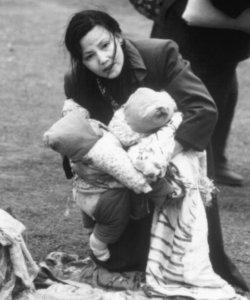

The Joy Luck Club is a great example. The BBT could be seen as toxic behaviors masqueraded as good intentions as acted out by all the females in the club. Each generation WANTS to break the toxic patterns but they keep changing geography instead of the conditions of their hearts. They fail to recognize their damage, so instead of healing the wounds, they pass them down.
They run from old shame/guilt instead of facing their demons and dealing with them. Because they fail to defeat their demons, they pass them onto their daughters. Despite the best of intentions to do everything differently, everything remains the same.
Thus June is the protagonist turned hero because she alone breaks the cycle and sets the example for the other daughters.
The antagonists in The Joy Luck Club have excellent motivations. They only want what is best for their daughters. The problem lies in their lack of self-awareness as expressed by Jung above.
Motivation and Main Characters
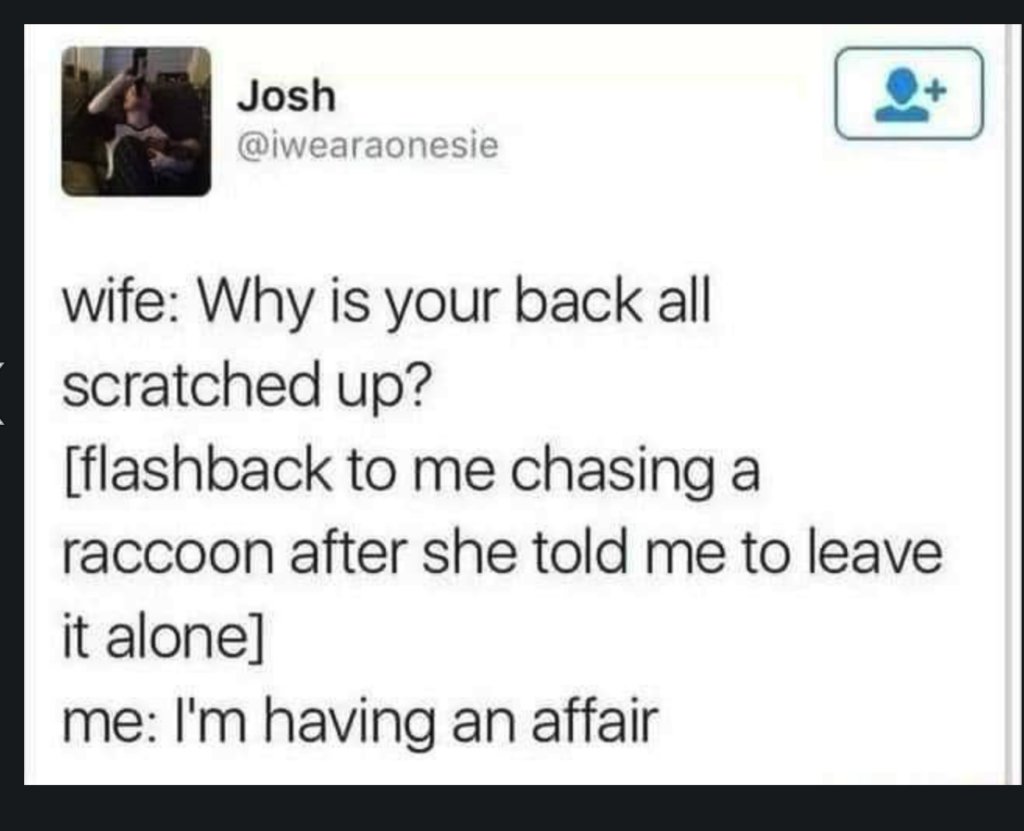

If we take some time to get to know our characters before we write, it’s wise to ask what they want and why they want it. Then, circle back and poke holes in that because, as Dr. House wisely remarked, “Everybody lies.”
Our main character might avoid conflict because she came from an abusive family and has defined all conflict as inherently bad/unproductive. She might be overly confrontational because she came from an abusive family and never learned discernment. She is willing to die on every hill and that not only exhausts her, but everyone around her.
If your character wants love, a relationship, marriage…then WHY? Articulate that. Then call BS, peel back the candy-coating and get to the meat of the matter.
Motivation Examples
My character wants to be married so she’ll be happy.
Actually, my character wants to be married because her mother always told her no one would want her and she’d always be alone.
Do you see how the first motivation is almost childlike in simplicity and doesn’t make for the most interesting story? What about the second one? Much better.
How about looking at specificity and upping the ante?
My character wants to have children because, unless he finds a mate suited for his magical bloodline, his kind will become extinct.
Good. Not too shabby.
My character wants to have children because, if his kind goes extinct, then there will be no Watchers left to guard the Seven Realms and keep Hell from extending its borders.
A bit more specific and, frankly more interesting. MUCH bigger stakes and ticking clock already built in. Which might be all well and good, but what if the MC no longer cares? He’s fed up with humans, his kind dying to defend them and their endless entitlement and ingratitude?
Then, you’d have to tweak his motivation. Maybe it begins as duty until you (as story god) offer him something about humanity worthy of saving. That is what we call arc 😉 .
What Do We Desire…REALLY?
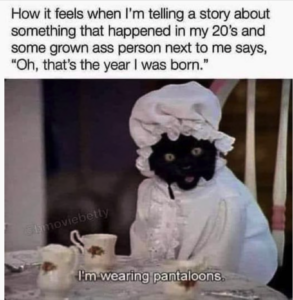

Ultimately, everyone in our story should have a reason for why they want what they want (whether they are conscious of it or not). Characters just randomly doing things because we need them to is called cheating and readers will, rightfully, feel ripped off.
Granted, when you do backstory, feel free to go into as much depth as you want. I would merely caution that too much preparation can often be what we call productive procrastination. Just do a little bit of a “value sketch” and that will add so much more resonance to your story. Trust me.
Even if it is a matter of stopping along the way and asking, “Hey, I have Jane Doe doing X, but why does she want that? What is really driving that?” is a great place to begin.
What Are Your Thoughts on Motivation?
Can you see how characters, like in life, self delude? How this can be fabulous for adding depth to the story? Motivation can add a lot to the character’s personality and help make them seem more real than the people we meet every day.
What are some examples of movies, series, books, or characters that really gripped you with their motivations? What are some examples from YOUR work/writing? How did you deepen their motivations? In what ways were they self-deluded? Or can you see now how you might be able to dig even deeper?
I love hearing from you! REALLY!
And, since NaNoWriMo IS coming up, we do have some new classes. I need to re-list the world-building classes when I get a chance.
As always, THANK YOU for being here and your support.
CLASSES for Motivation!
ROMANCE
***All classes have a $25 discount using New25. It did have a limit but since everything has been weird, I am just going to give that as a treat. The BUNDLES still work out cheaper, just for the record and all classes come with a free recording.
***AGAIN, check out the BUNDLES if you want more than ONE!
Bad Boys: Can’t Live with Them, Can’t Write Without Them
TUESDAY, OCTOBER 11th (7:00-9:00 PM EST)
Tease: Keep the Romance Going…All Book Long
FRIDAY, OCTOBER 14th (7:00-9:00 PM EST)
Baby, It’s Hot in Here! Writing High Heat Romance
FRIDAY, OCTOBER 21st (7:00 PM to 9:00 PM EST)
BUNDLE! Double Dare TWO Romance classes, ONE great price!
Includes Bad Boys and Tease
BUNDLE! Triple Threat! THREE classes, ONE great price!
Includes Bad Boys, Tease, and High-Heat Romance
Writing Business
Burb Writing BITES (But Doesn’t Have To)
ON DEMAND OPTIONS from ME!
ON DEMAND: Bring on the Binge: How to Plot a Series
SIGN UP HERE. Use New20 for $20 off
ON DEMAND: The Art of Character: Writing Characters for a SERIES
SIGN UP HERE Use New20 for $20 off
Spilling the Tea: Blogging for Authors ON DEMAND
Sign up HERE and Use New25 for $25 off
